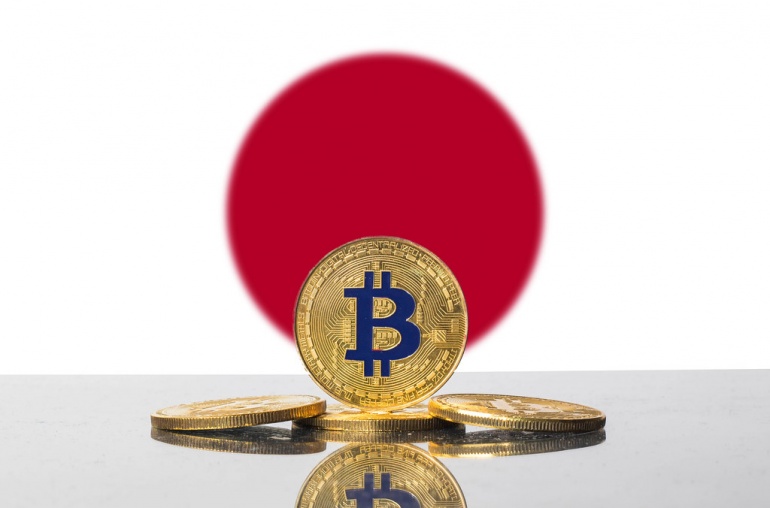
- Tether, the world’s most heavily used cryptocurrency and stablecoin, will report its actual dollar-based cash reserves every quarter to the New York Attorney General’s Office
- Companies surrounding the Tether controversy (whether it covered up losses and if it’s actually backed 1:1 for the dollar) have settled the claim for US$18.5 million, suggesting that whatever the New York Attorney General alleged, couldn’t have been too egregious and without admission or denial of liability
Confused?
Welcome to the world of Tether.
As the first stablecoin that was issued and allegedly backed by U.S. dollars in a bank account (somewhere), Tether or USDT (which stands for “U.S. Dollars Tether”) grew in popularity as a halfway house between holding fiat currency and holding cryptocurrency.
When traders trade out of cryptocurrencies such as Bitcoin and Ether, they hold their dry powder in USDT as opposed to swapping directly out to fiat, the primary reason for this of course is expedience.
Because swapping fiat currency to cryptocurrency can be a long and slow process (with multiple KYC and AML hurdles to cross), many traders tend to keep their reserves in USDT to facilitate easy trading and that increased the number of trading pairs that cryptocurrencies kept with Tether.
Today, the bulk of cryptocurrency derivatives is still traded in Tether and the liquidity for the stablecoin remains heads and shoulders above other more “regulated” stablecoin issuances.
But controversy has surrounded Tether from the very beginning, especially given Tether’s cozy relationship with cryptocurrency exchange Bitfinex (they are both owned and run by the same people), allegations of Tether’s manipulation of Bitcoin’s price were widespread.
Things came to a head when New York Attorney General Letitia James filed suit against Bitfinex for allegedly hiding the loss of comingled client and corporate funds, as well as covering up the actual state of Tether’s reserves.
The dust has finally settled on those allegations, as Bitfinex agreed to pay US$18.5 million in a settlement with the New York Attorney General’s Office, without admitting or denying any wrongdoing, in what amounts to no more than a slap on the wrist.
Even better for USDT, New York officials, who originally began investigating the stablecoin in 2019, will receive quarterly reports on the composition of Tether’s actual dollar reserves over the next two years, but the company will end all trading activity with New York residents.



